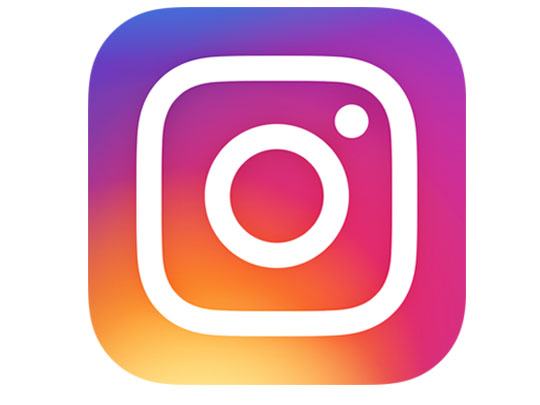 |
Instagram has been quietly gaining an audience
for years thanks to the growing popularity of mobile obsession. Famous for its users sharing photos and
videos on Android and iOS devices alike, it is not hard to assume that
Instagram will keep growing. After all,
who wouldn’t make an account and start sharing their videos and photos.
Unfortunately, not everyone who wants an
Instagram account can make one because of internet censorship that exist
globally. In this article, we hope to
address the ways three authoritarian regimes in the world censors Instagram and
how we can get around it.
Where
is Instagram Censored?
So why do certain governments censor
Instagram? The answer is simple: restricting
the flow of information. This helps
authoritarian regimes stay in power by keeping their citizens ignorant.
Out of all of the world’s regimes, perhaps one
is the most famous for internet censorship: The People’s Republic of
China. China is run by the Chinese
Communist Party which had begun systematically censoring online information
since 2009 as a continuation of the its propaganda department. This moved to encompass Instagram in 2014 after the
social media platform was used by democracy activists in Hong Kong to host and
broadcast their protests to others within mainland China. While still accessible in Hong Kong and Macau
(which are Special Administrative Regions and not part of the mainland),
Instagram has been blocked in Mainland China, alongside other digital platforms
such as Facebook, YouTube, and Google
This form of censorship (blocking access to
the platform) is echoed by Iran. As a
theocratic regime, Iran has practiced large scale censorship and propaganda
since its revolution in the late 1970s.
Like China, political activists use various social media channels to
spread information among themselves and each other. This is particularly frightening because
similar revolutions in the Middle East led to the toppling of several
dictatorships in the Arab Spring. Hence,
using the excuse that social media platforms “encourage hateful conduct”,
different social media channels including Instagram has been blocked.
Unfortunately, there is another form of
internet censorship used by authoritarian regimes: requesting corporations to
self-censor in exchange for their continued existence. This is seen with Instagram use in Russia
where Instagram has begun censoring videos by their opposition parties,
namely anti-corruption activist Alexei Navalny.
Youtube, on the other hand, had declined doing so
refusing to give in to censorship demands risking a ban in order to fight
internet censorship. Still, it remains
possible that censorship will worsen in Russia and leave Instagram completely
blocked like it is in Iran and China.
How to
Get Around Censorship?
Looking at the internet censorship in Iran and
China, the solution is very simple.
Internet Service Providers (ISPs) in the country block access to
Instagram (and other sites that the regimes find threatening) by tracing a
user’s IP. Essentially, if you can
disguise or spoof an IP from another location (outside of the country in
question), you would be able to get around the blocked access.
Proxy servers and Virtual Private Networks are
perhaps the most important of these.
Both allow one to access content outside of their home country by
spoofing your IP. However, the biggest
difference the level of encryption.
Proxy servers do not always encrypt your traffic while VPNs would form a
secure tunnel around your traffic thereby guaranteeing the security of your
connection. Hence, while proxies may be
a cheaper alternative, the criminalization of accessing the content means VPNs
are the safer options. After all, VPNs
can ensure the government cannot see what you are doing.
However, it is very important to choose the
right VPN provider for unblocking Instagram.
For example, you should take a careful look at whether the provider
keeps logs. Any VPN provider that keeps
logs would be able to provide these logs to the government. This has been seen with VPN providers such as
IPVanish and PureVPN who kept customer logs and lied
about it, then collaborated with governments to arrest their own
users. The other side of the coin are providers
like ExpressVPN which lived up to their no log policy
when Turkish authorities were unable to find any user logs even after capturing
one of their servers.
The situation in Russia is a little
different. At the moment, there is
simply no way to get around corporate censorship. The situation is very similar to Apple supporting Chinese censorship and removing VPN apps from the iOS playstore in China
in hopes of expanding their business there.
The only way to ensure this does not continue
is by holding the corporations accountable.
If users remain quiet as the government increasingly encroaches on
information available on the internet, corporations and authoritarian regimes
will simply work together to erode your freedoms. By then, it would be too late.

I am using PureVPN to secure open/public wifi hotspots. As far as logs are concerned be clean and no one will share your information.
ReplyDelete